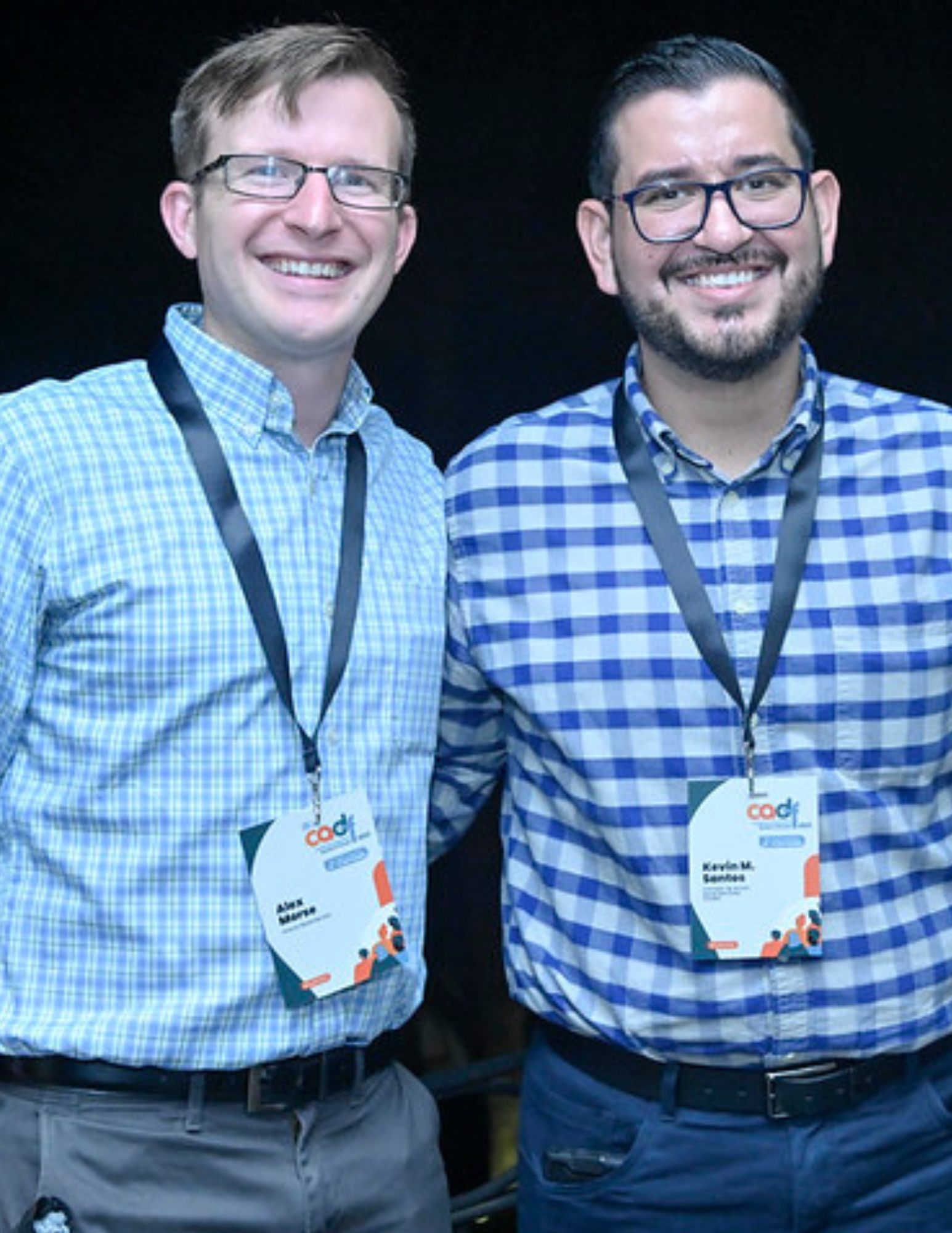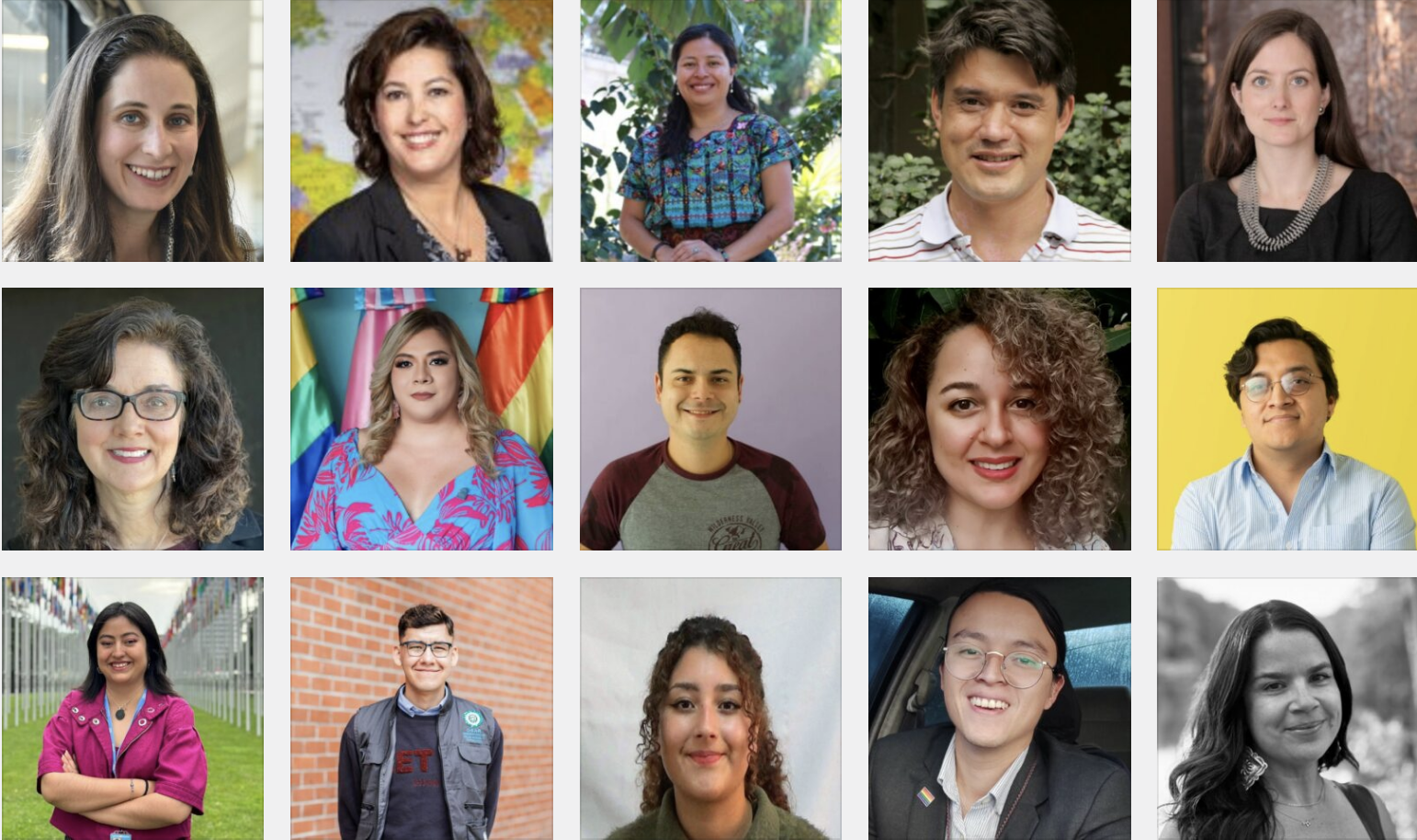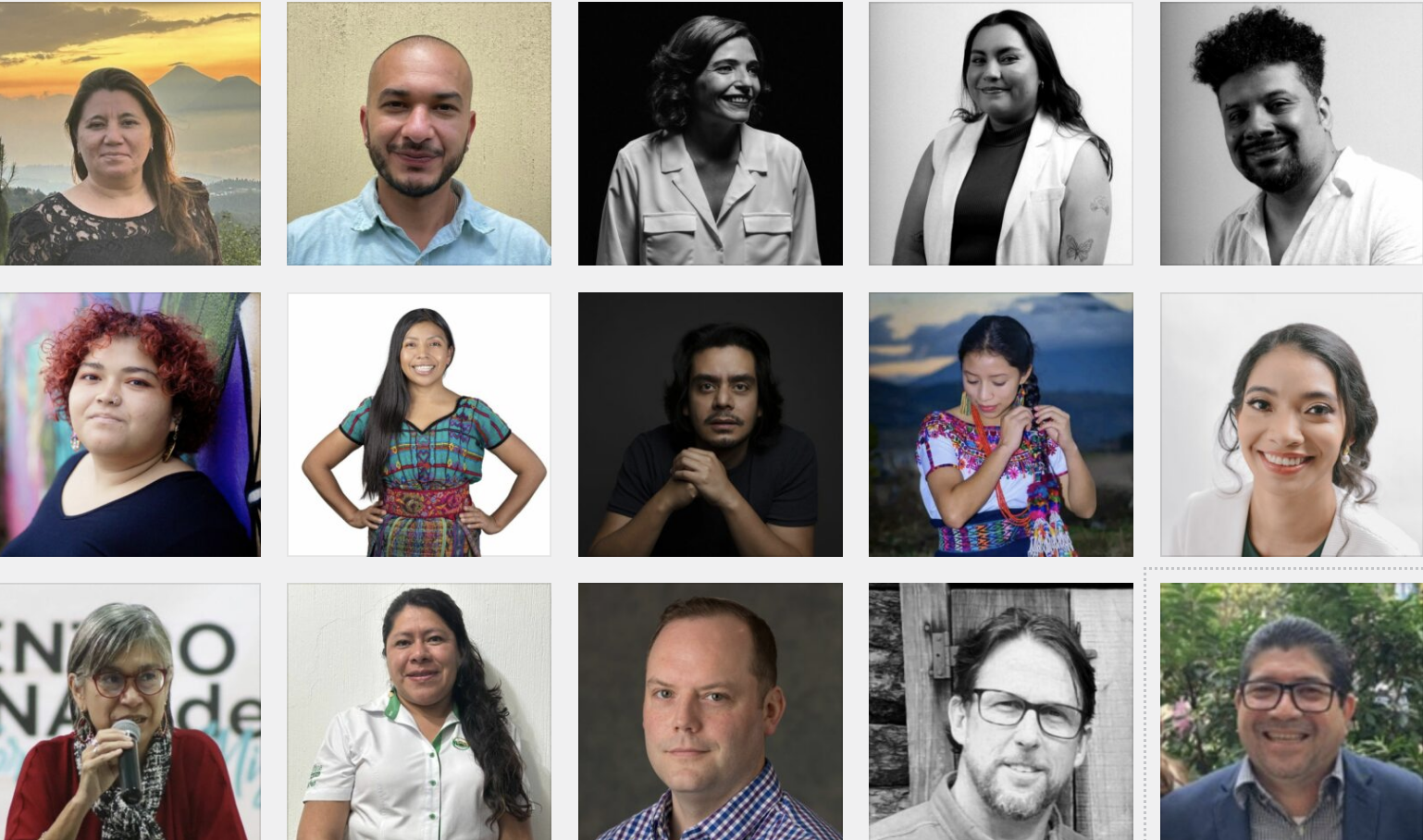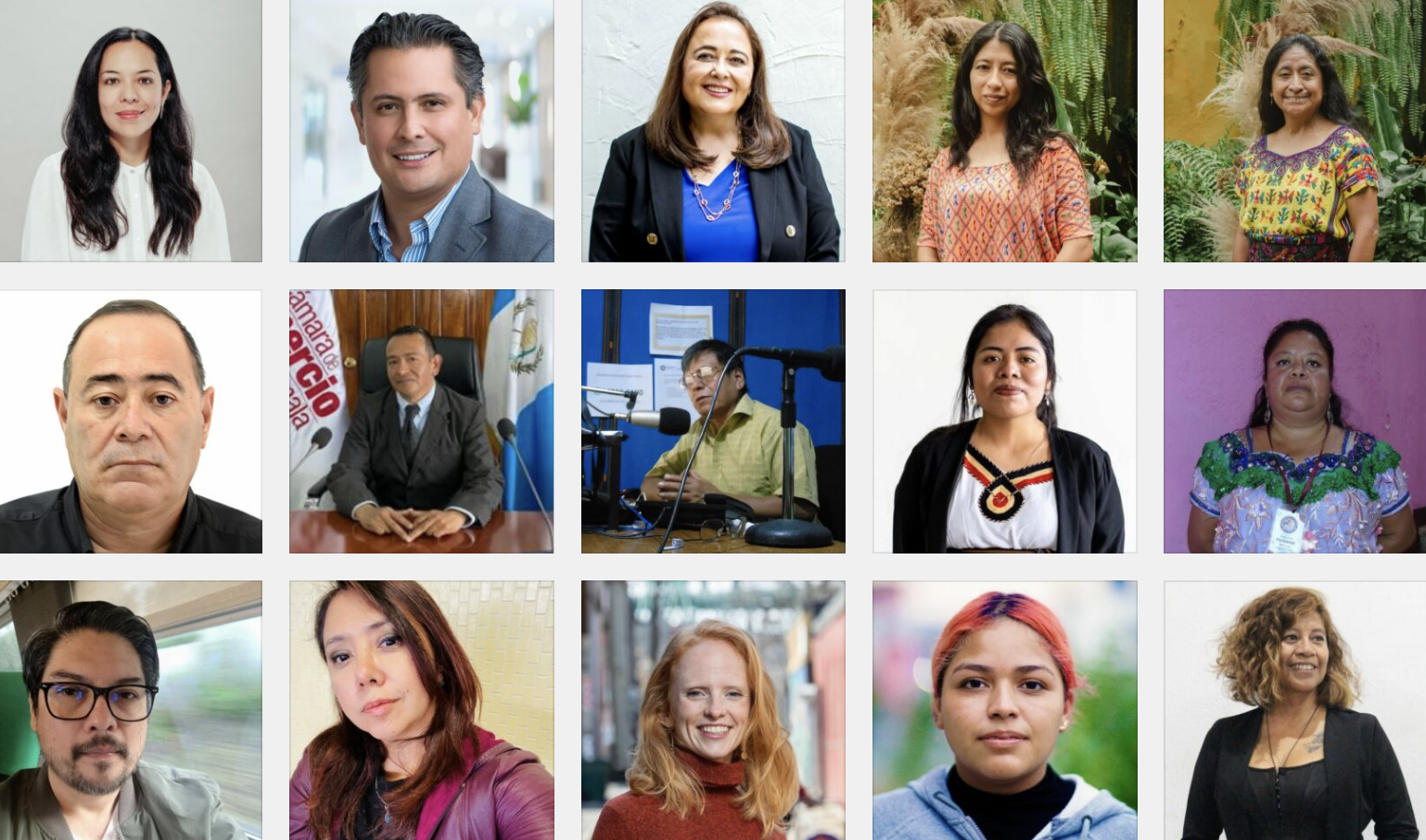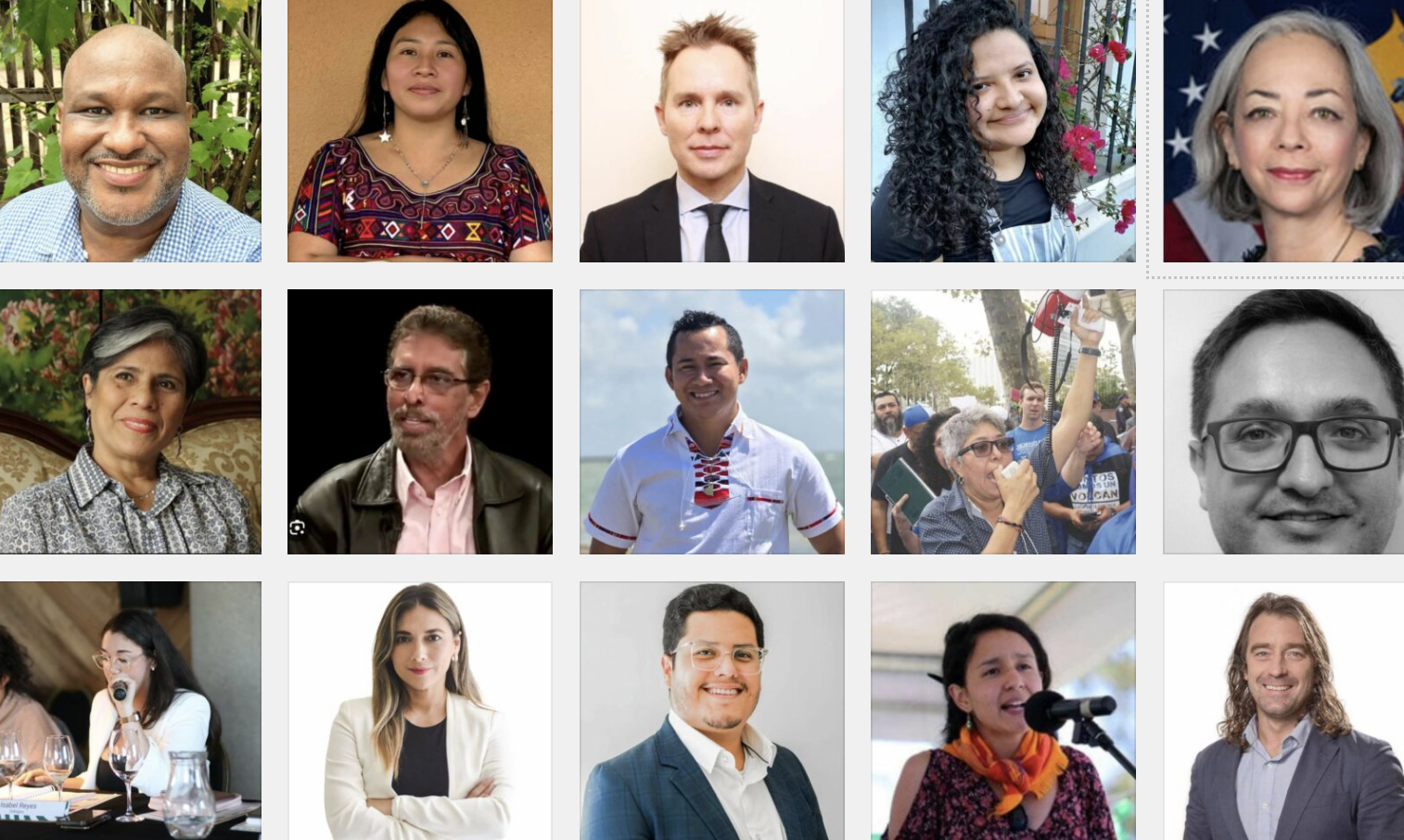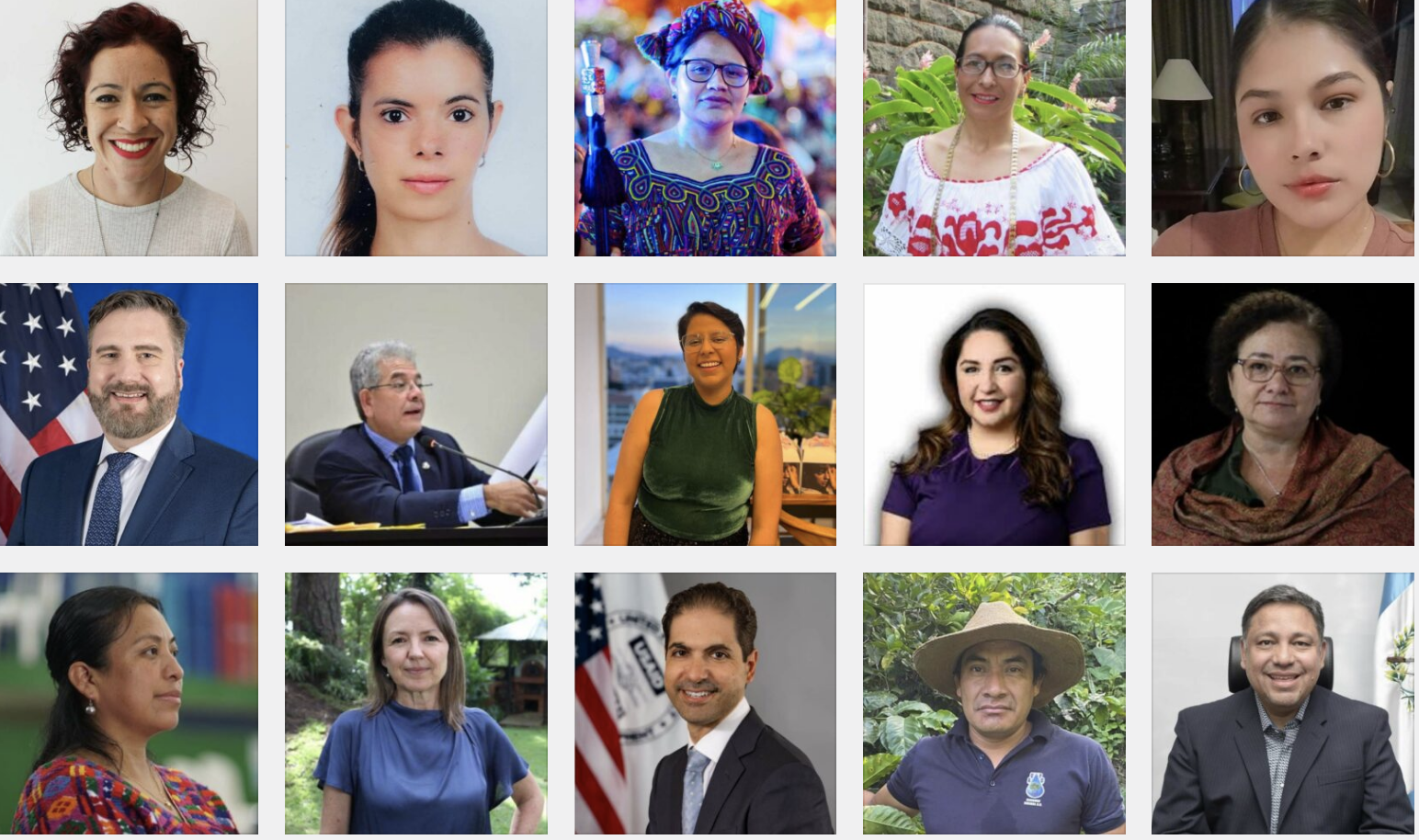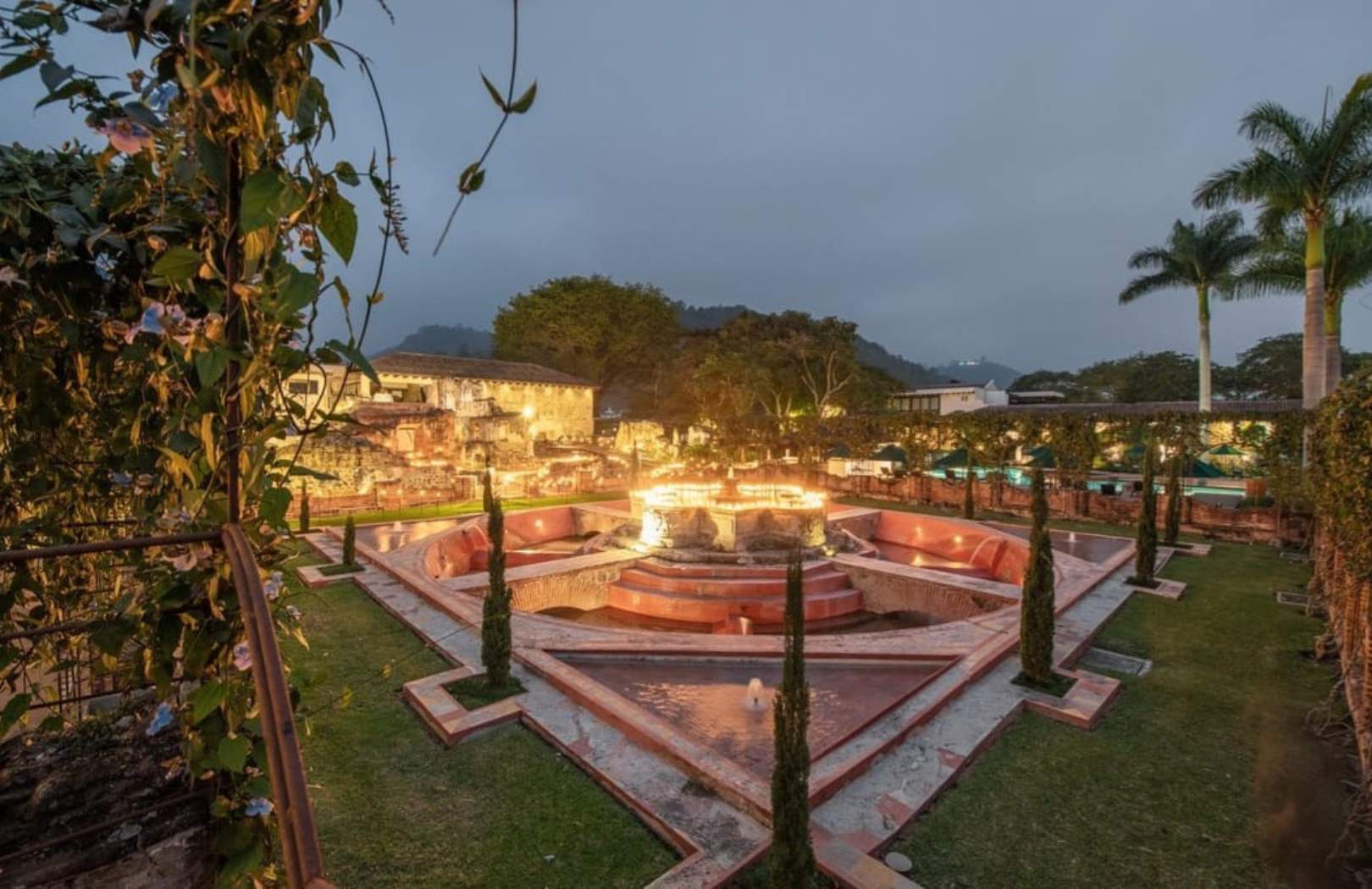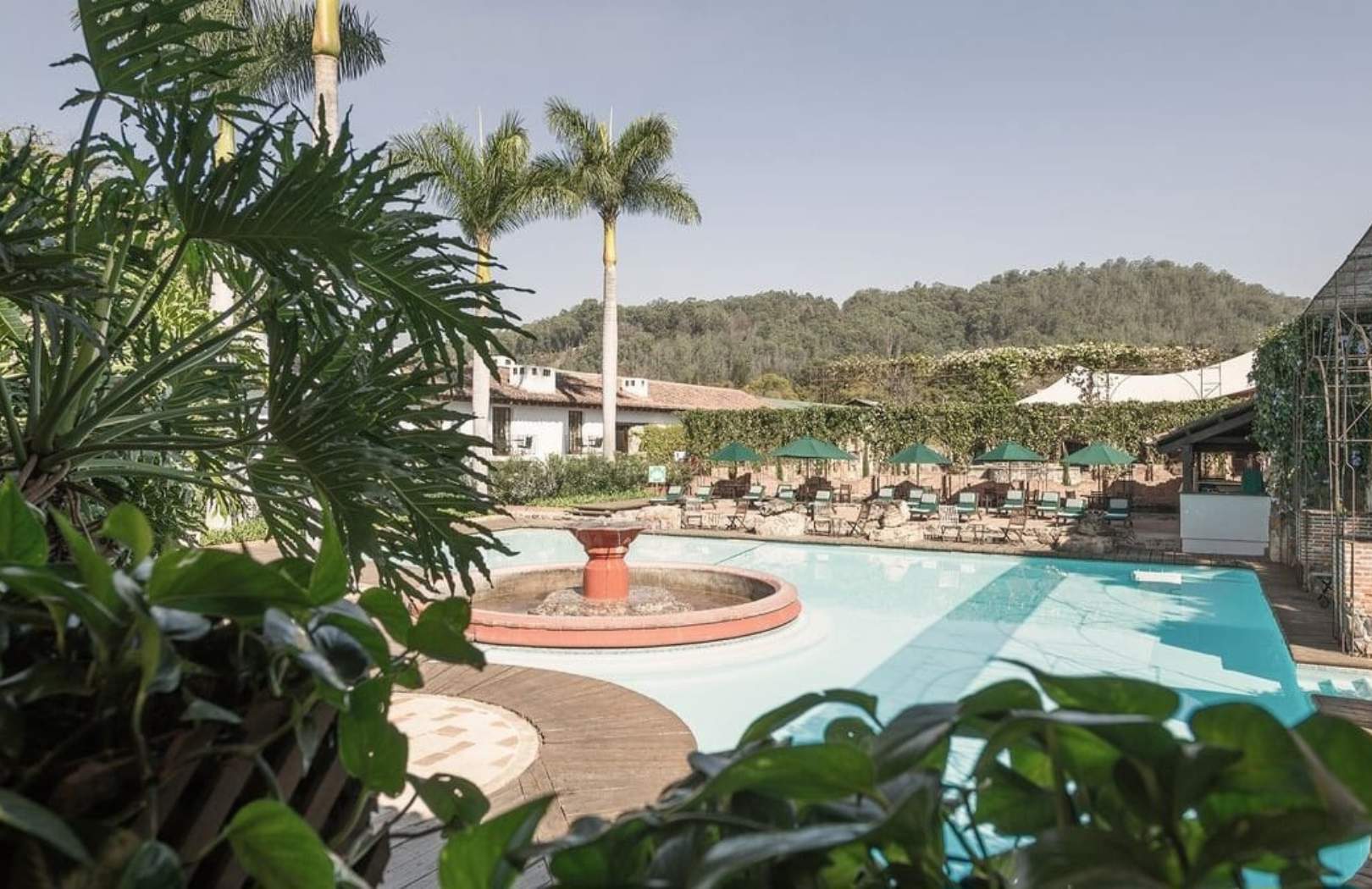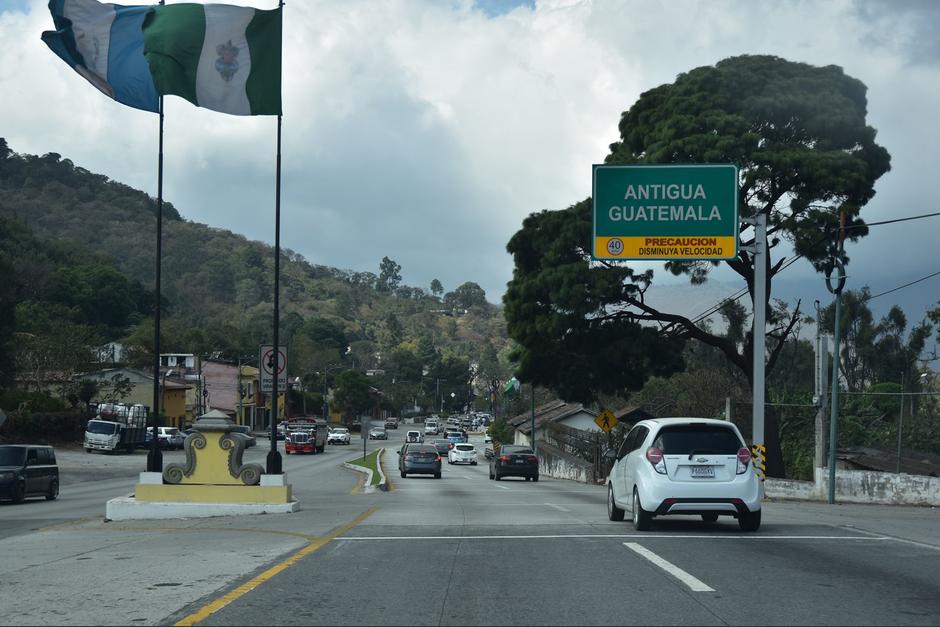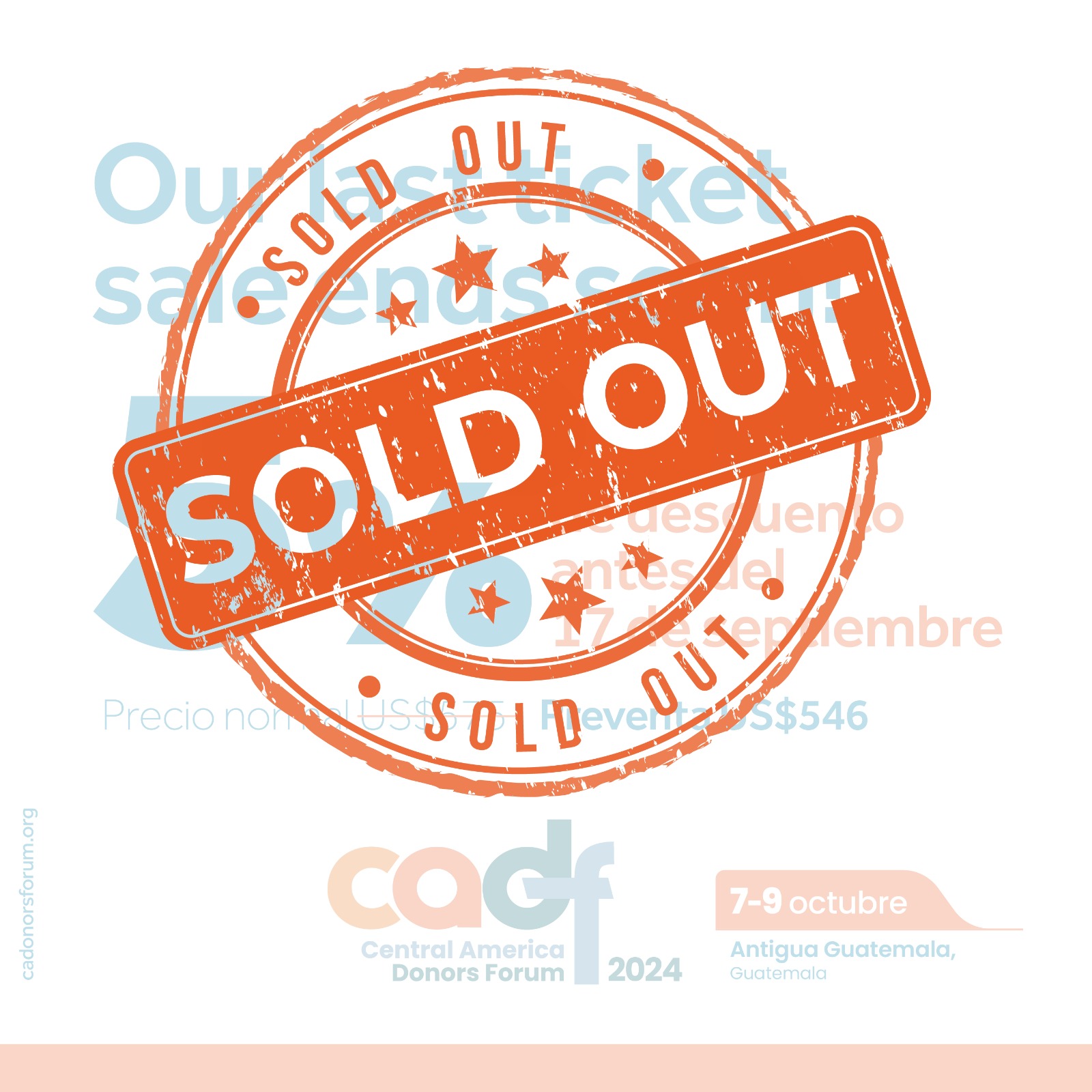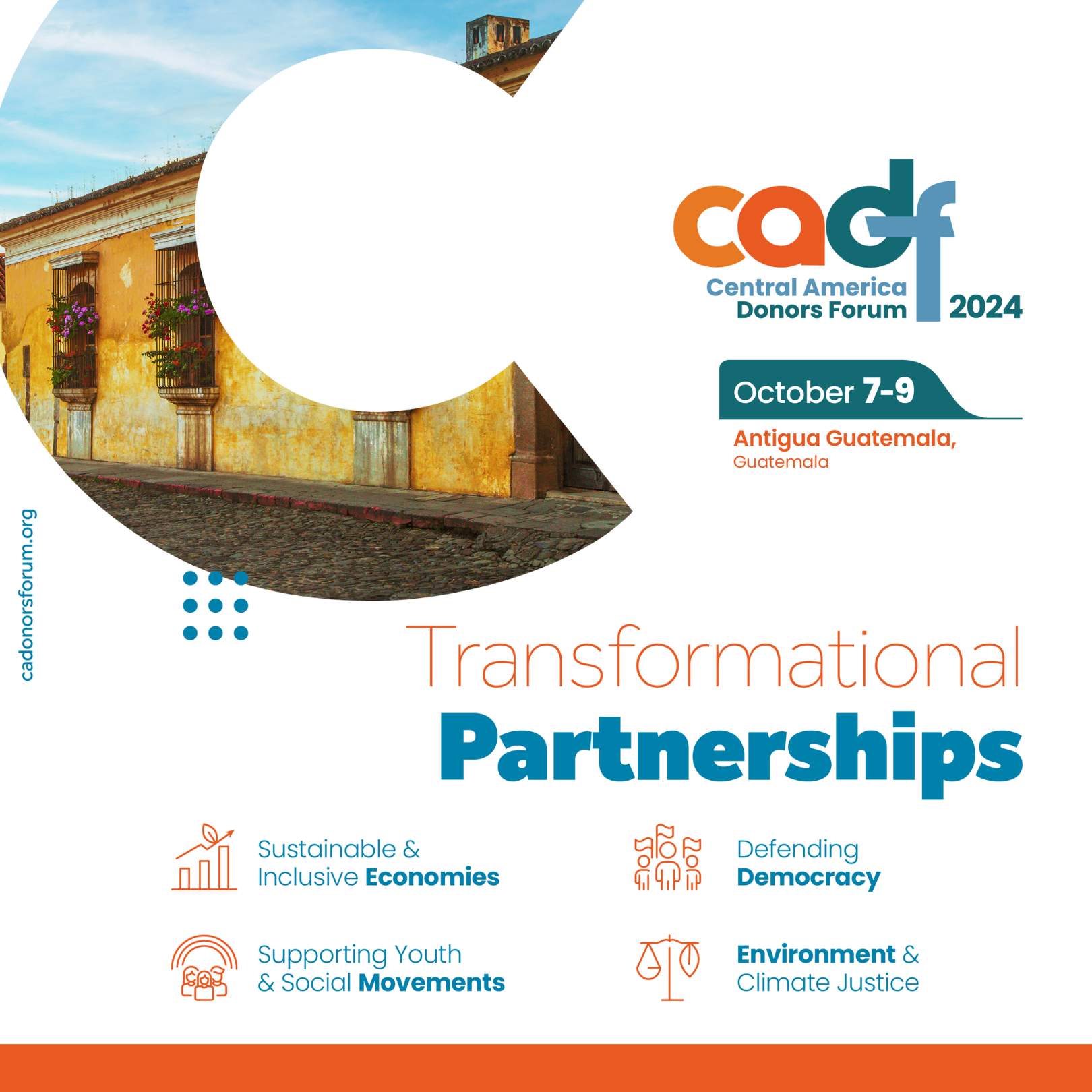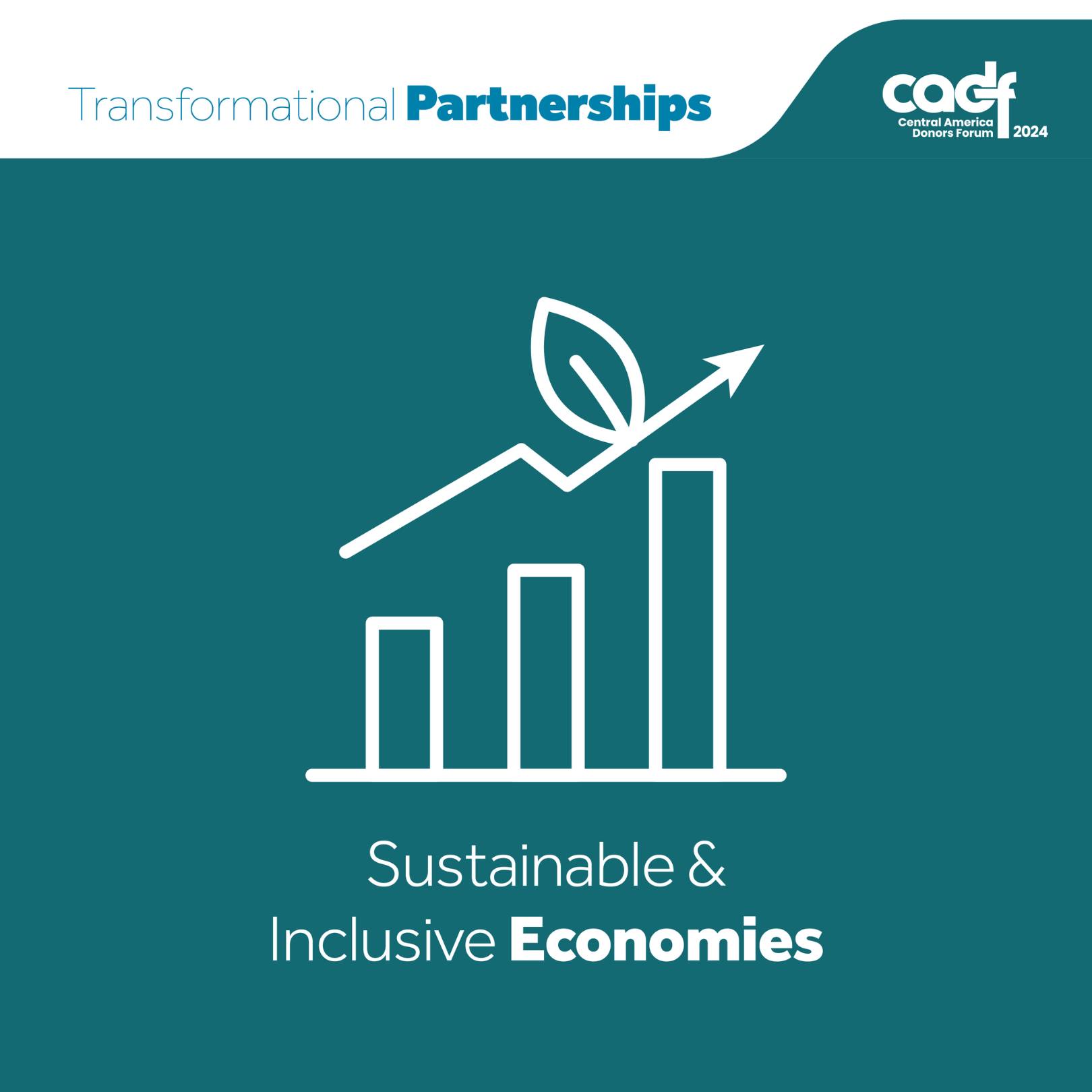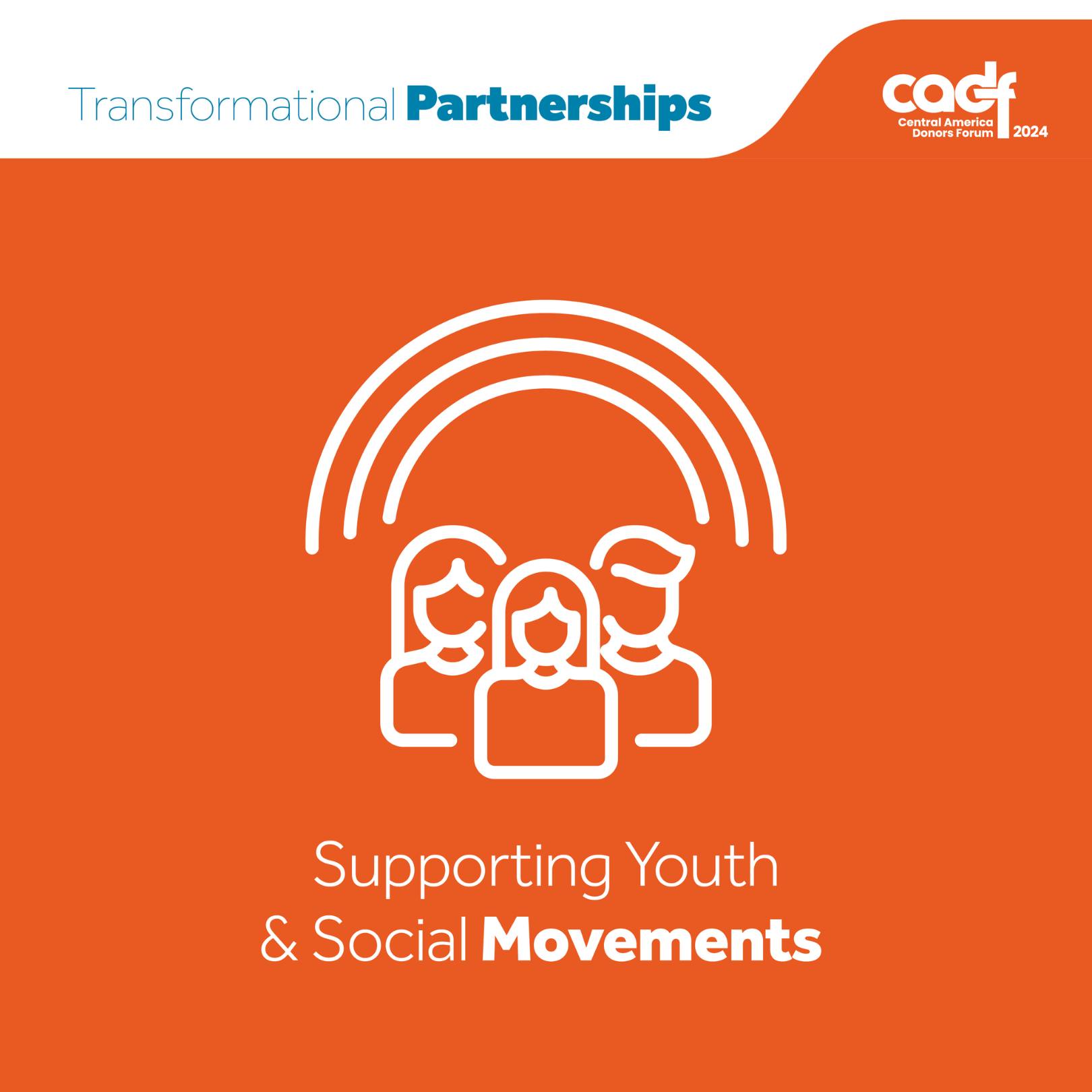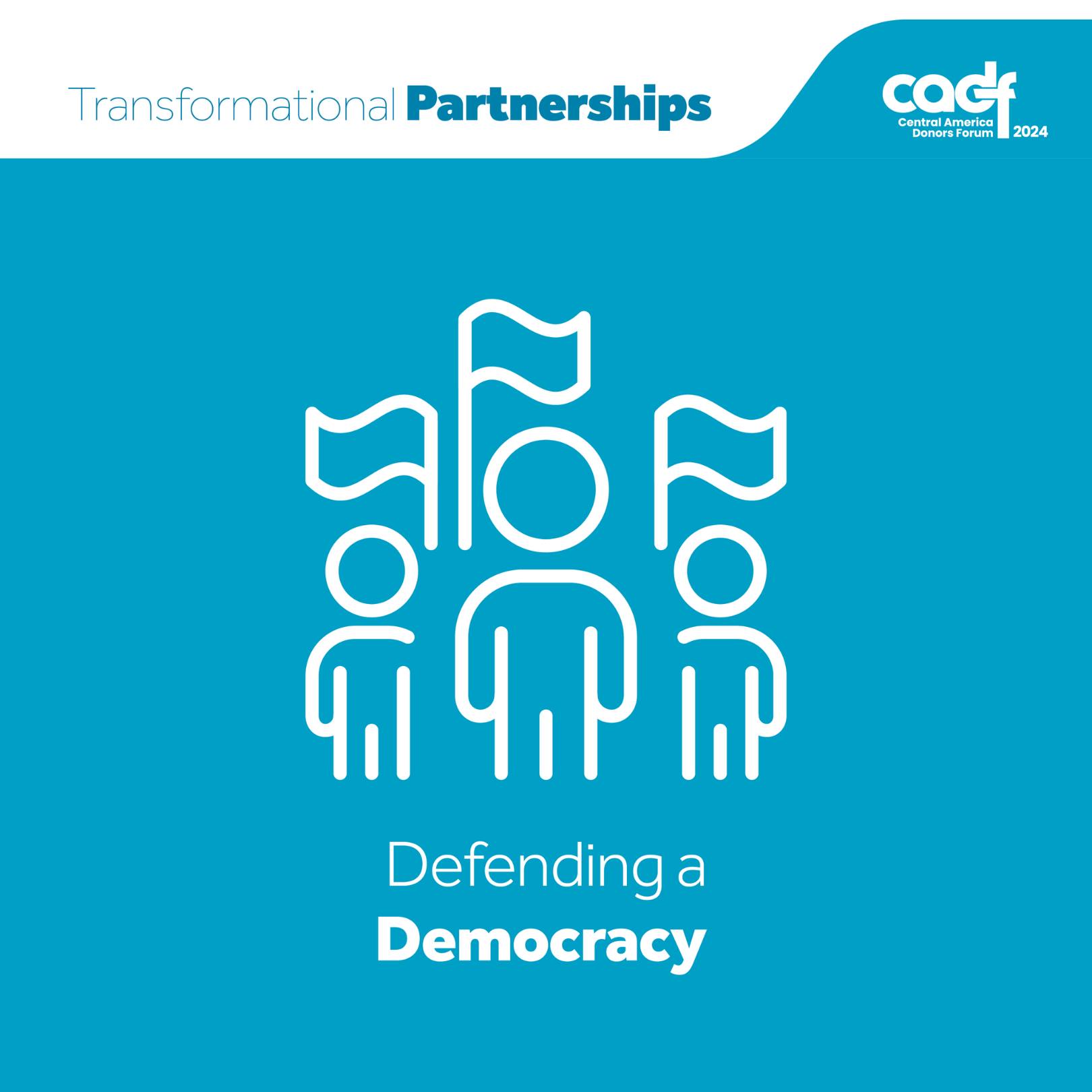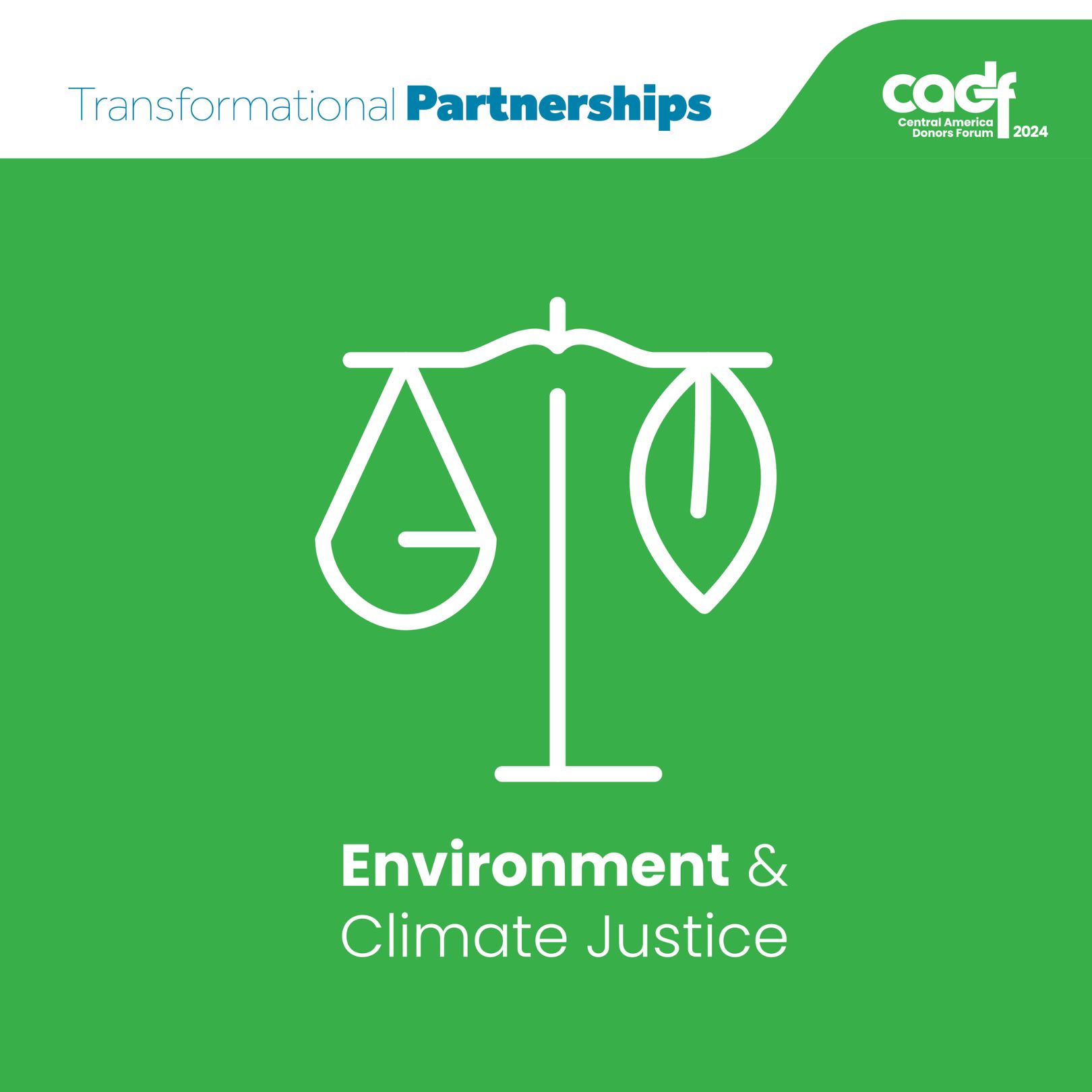CADF 2024: Transformational Partnerships
Despite the array of challenges facing Central America today, the region’s spirit and people remain committed to justice and equity. Social progress depends on building a culture of trust, collaboration and pluralism.
At this critical yet hopeful moment in history, CADF 2024 will feature four thematic tracks to deepen our understanding of the realities facing the region and renew the commitment of over 500 participating organizations to continue their important missions. These discussions will focus on creating sustainable economies, supporting youth and social movements, defending democracy and protecting the environment. This year’s agenda will not only motivate and inspire, but also foster inclusive and thriving communities.
In the context of renewed hope and opportunity in our host country of Guatemala, CADF 2024 will be a place to ask tough questions, explore novel ideas and forge transformational partnerships for Central America.
Sustainable & Inclusive Economies
Throughout the past several years, Central America has weathered Covid-19, rising inflation and chronic poverty and inequality. As we build towards the future, new investments can foster prosperity and equality while also supporting a more sustainable, resilient and inclusive growth. The private sector, civil society, governments and donors have a unique opportunity to tap into the economic potential of the region—and now is the moment to work together to find common solutions.
Public and private investment in education, health, infrastructure, and employment can boost under-performing economies while lessening migration pressures. This track will draw on the experience of experts and practitioners, investors and workers, as well as governments and donors to examine how collaborative partnerships create good jobs, increase access to quality education, improve health systems and empower youth, women, and indigenous and Afro-descendant communities, ultimately leading to inclusive economic growth and prosperity in Central America.
Supporting Youth & Social Movements
Social movements and citizen mobilization, including young people, are at the heart of positive social change in Central America. Movements to defend the environment, democracy and rights are often driven by networks of people and organizations demanding greater accountability and change in the status quo. These movements also require a defense of the civil and political space that has steadily eroded in Central America for the past several years.
These sessions will allow movement leaders and activists across generations and from diverse backgrounds to join together in collaboration. Academics and funders will examine the value and importance of social movements and how they can be nurtured and strengthened autonomously, while attendees will hear directly from youth leaders, feminists, environmentalists and identity-based movements such as Indigenous peoples, Afro-descendants, LGBTQI+ and other marginalized groups.
Defending Democracy
Several Central American countries are facing profound democratic challenges deeply rooted in corruption and inequality. As political leaders succumb to authoritarian temptations to consolidate power, the region has experienced democratic regression characterized by institutional erosion of principles of independence and accountability, diminished access to public information and eroding civil space, including attacks, harassment and criminalization of civil society leaders, independent journalists, and champions of justice.
Panels and workshops will further address the region’s faltering justice systems, weakened judicial independence and systemic corruption. Lastly, speakers will explore anti-corruption initiatives, the state of human rights, rule of law, good governance, electoral processes and the role of independent media in the region.
Environment & Climate Justice
Climate and environmental justice are human rights issues. Throughout Central America, a growing number of vulnerable communities shoulder a disproportionate burden of climate-related disasters, and face regular threats related to loss of territory and environmental degradation from industry and development.
Often rooted in indigenous and Afro-descendant communities, small farmers, feminist and youth-led movements, today’s stewards of the land are designing solutions to resist climate change and build greater environmental stability and sustainability. The powerful intersection of local initiatives and a climate and environment-conscious global agenda can spur innovation, transform systemic approaches to climate change adaptation and improve socioeconomic models. Ultimately, these models promoted by experts documenting the crisis and the defenders protecting our environment, seek to reconcile environmental sustainability and social equality with economic growth and public policy.







